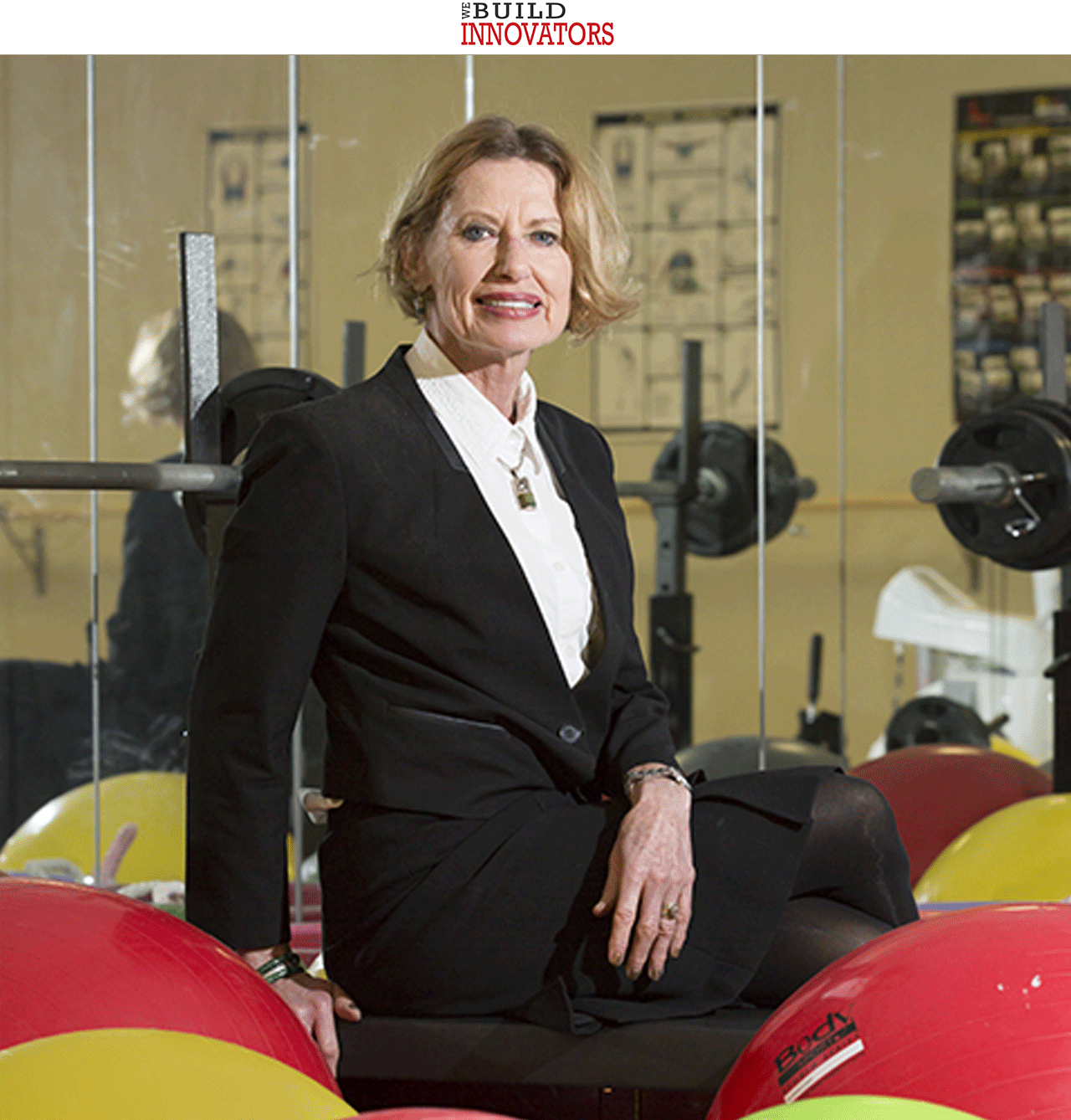Women in Research
Texas Tech University exercise physiologist Jacalyn McComb tells female students who are interested in an academic career to learn how to pursue grant funding for their research.
Exercise Physiologist Jacalyn McComb
During March, Texas Tech celebrates women faculty who exemplify excellence in research, scholarship, creative activity, teaching, and mentoring.
3.17.2020
Jacalyn McComb is a professor in the Department of Kinesiology & Sport Management. Her expertise is in stress response and how to cope more effectively with stressors in our lives through exercise.
In the question-and-answer session that follows, McComb describes her work more fully.
What inspired you to work in your field/area of expertise?
My area of expertise was developed through my graduate students and my own personal health history and athletic background.
When I first came to Texas Tech University, there was a master's level graduate student whose name was Angie McTee or more formally known as Angela McTee. I remember her so clearly, even though it has been almost thirty years. She was interested in working with high-school female track athletes. The research area that she was most interested in was menstrual dysfunction in athletes or functional hypothalamic amenorrhea. I had also been an athlete in sports where thinness was thought to be advantageous and was well aware of the issues associated with menstrual dysfunction. We published her thesis and the rest is history.
Who inspired you to pursue academia?
No one inspired me, I was called. I never even thought about being a university professor. Doors just kept opening, and I just kept going through them. In 1989, Texas Tech University opened its door to me, and I walked through the door. I am still here, thirty years later, so I guess I liked what I found when I walked through the door.
The person who opened the door for me was Jim McNally. He is now in the Texas Tech University Athletic Hall of Fame for being a swimming coach. He was so inspiring, the kids loved him, or I should say college students loved him. He was a great coach. He was my mentor for the first five to six years of my career at TTU and I am very thankful for his mentorship.
What would you tell your female students interested in pursuing an academic career?
I would tell them that the game has changed today, and it seems to be more about money than scholarship even. That statement may be a little pessimistic, but I believe that there is some truth in this statement.
Those who pursue a field in areas where money is not needed for their research are still encouraged to get funding. In physiology, you do need money to carry out your experiments; and it is only right that you are asked to pursue funding. I would tell them that they must work under the direction of someone who is being funded.
They need to learn the ropes about being successful in the pursuit of grants. They must choose an area of study in which funding is available, first of all, and then learn how to acquire it.
Getting funding is just a reality, we need funding to advance science. To its credit, Texas Tech University has invested heavily in helping young junior faculty to be successful in funding.
College of Arts & Sciences
-
Address
Texas Tech University, Box 41034, Lubbock, TX 79409-1034 -
Phone
806.742.3831 -
Email
arts-and-sciences@ttu.edu

